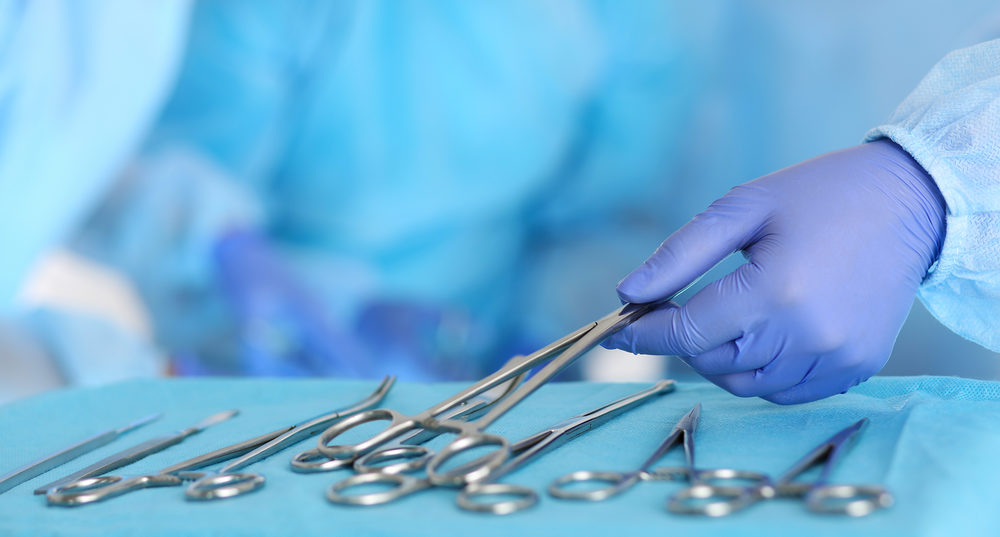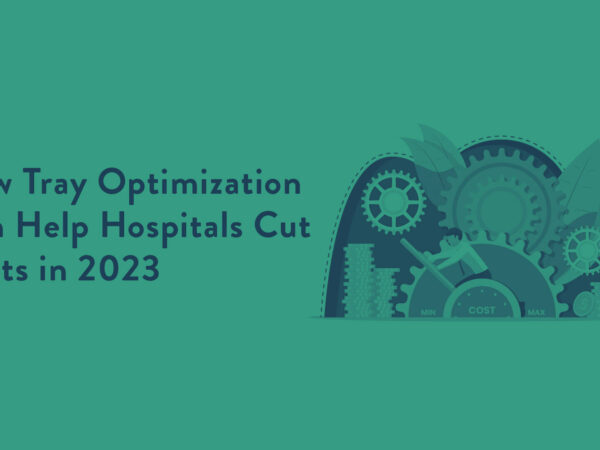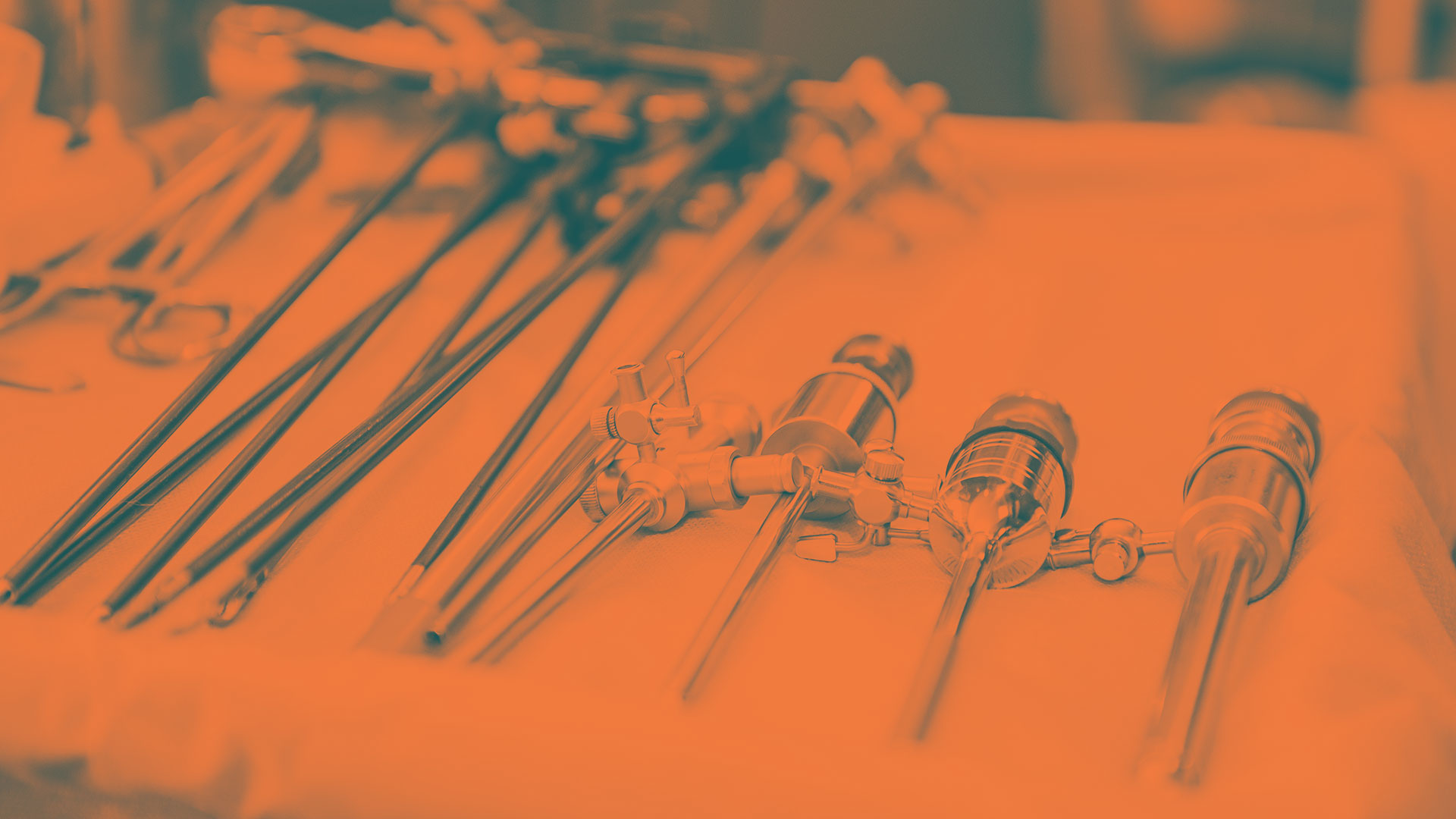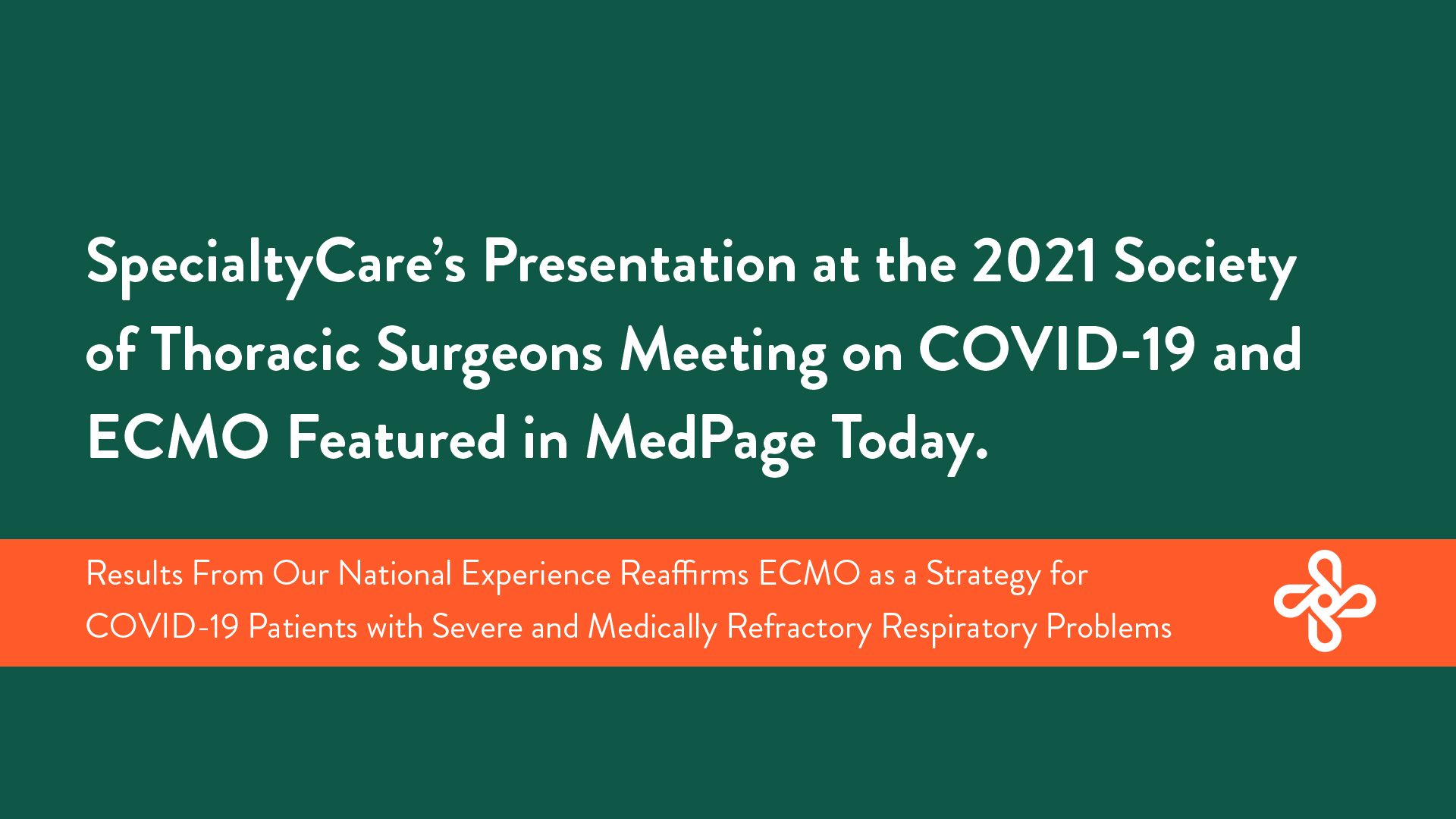
Sterile processing has always had a uniquely important role in the hospital, all the more so now when it comes to containing the spread of harmful pathogens. The arrival of the COVID-19 pandemic has changed a few things when it comes to sterile processing operations. We spoke with our sterile processing experts Marcy Konja and Gregg Agoston about how COVID-19 has impacted SPDs. SpecialtyCare offers hospitals expert consultations and assistance for improvements in sterile processing, and now could be the right time to get up to speed with current guidelines and training.
Recent Developments in Sterile Processing Due to COVID-19
In regard to recent developments in the SPD due to COVID-19, here are three major takeaways provided by our experts:
CONNECT WITH BUSINESS DEVELOPMENT
Call (833) 923-3148
Because of the cancellation of many elective surgeries, SPD techs are cleaning different kinds of equipment or supporting other departments.
“Emergency surgery is still occurring, but the volume is considerably less than elective surgery. The SPD technician’s role in instrument processing has slowed in turn,” says Agoston. “Some technicians may be moved to other supportive roles should the need arise. Durable medical equipment cleaning and disinfection is one of these areas. As the crisis changes, hospitals and medical personnel will do what needs to be done for patient care and safety just as they have always done.”
The CDC has released new guidelines for sterilizing PPE in order to conserve resources.
“Due to the shortage of N95 masks, some larger hospitals and health systems are working on methods to sterilize the ones they have for reuse. The CDC has issued an article on Pandemic Planning: ‘Recommended Guidance for Extended Use and Limited Reuse of N95 Filtering Facepiece Respirators in Healthcare Settings,’” says Agoston. “This document reviews the current science behind the processes but states that these practices should be used only during an influenza pandemic or wide-spread outbreaks of other infectious respiratory illnesses. Some facilities are initiating N95 sterilization procedures using Ultraviolet Germicidal Irradiation (UVGI). Advanced Sterilization Products (ASP) just provided guidelines for the use of Sterrad to sterilize certain N95 masks. If shortages of N95 masks persist, more facilities may resort to these measures, requiring SPD staff to learn new skills.”
Konja adds, “Hospitals are learning from each other and working together to handle these shortages. This has been seen in the collaboration between hospitals to find a way to disinfect the disposable masks to protect healthcare workers. Sterile processing managers are working with engineers, researchers, and others to share their knowledge about proper cleaning, handling and disinfection of these items.”
Sterile processing techs are handling a high volume of emergency medical equipment, such as code carts (up to 35-50 a day).
“Some equipment that previously stayed on the nursing floors is coming to sterile processing for cleaning and disinfecting,” says Konja. “Technicians are also handling code carts and intubation equipment in a much higher demand than ever before. One hospital that normally used or exchanged five to eight code carts a day is now using 35 to 50 due to the increased need with pandemic. Cleaning and restocking these carts is a high priority, and we are beginning to see shortages in these supplies also.”
How Has This Changed Training for SPD Technicians?
As hospitals adjust to the ups and downs brought on by the pandemic, SPD techs may be learning new techniques or having to follow updated protocols. Because SpecialtyCare places talented sterile processing technicians at hospitals around the country, we also provide training to ensure the quality of their work and adherence to guidelines.
“Our training is comprehensive on blood-borne pathogens and safe instrument handling,” says Agoston. “This event with COVID-19 reinforces the need for absolute adherence to regulations and standards at all times to keep both the staff and patients safe.”
“While COVID-19 is highly contagious, instruments can be handled per usual. The reason is that sterile processing technicians are trained to treat every item as contaminated,” says Konja. “For our protection, we follow standard precautions at all times when handling instrumentation and items that have been used in the patient care setting. We follow guidelines and manufacturer’s Instructions for Use for proper cleaning, decontamination, and sterilization for all items that will be used on our patients.”
The work of SPD technicians has always been vital, but cleanliness and disinfection are now in the spotlight. “This outbreak is providing the world with a lesson that every SPD worker should know; that hand hygiene, personal protection, being conscious of one’s environment and portals of disease transmission are all extremely important to everyone’s safety,” Agoston says. “All three of these are essential topics for anyone who works with patients or in SPD. Being casual about any one of these could lead to disastrous results for the worker and/or patient. … Our hope is that hospital administrators will recognize the critical role that SPD plays in patient safety and will invest in SPD and its employees as a major part of their preparedness.”
How SpecialtyCare Is Responding to Needs in the SPD
SpecialtyCare is working with partner hospitals to provide necessary support, including recommendations for best practices in the SPD. “For those hospitals that have not needed to reassign SPD staff, now is a good time to work on projects related to improving processes and competencies,” says Agoston. “SpecialtyCare can assist with these efforts by providing expert advice.”
Here are some ways that hospitals can improve SPD operations while instrument cleaning volume is down:
- Allow techs who are not certified to study for their examinations
- Update sterile processing guidelines and policies
- Reorganize sterile storage
- Conduct inventory of instruments to ensure an accurate count of assets
- Inspect and clean equipment like sterilizers and washer disinfectors
- Make plans for future expansion of the department
SpecialtyCare can consult with department leaders via web-based tools and provide advice on using this time wisely. “We have also been supporting our partner hospitals with information from vendors and other hospitals to assist them during this outbreak,” says Konja.
Contact SpecialtyCare for a Sterile Processing Consultation
If you would like an expert consultation on improving sterile processing operations at your hospital, contact our team today. We would love to assist you. “Sterile processing professionals play an important role in the safety of patients and healthcare workers,” says Konja. “We are on the front lines with our fellow healthcare professionals, helping to control the spread.”



Comments are closed.